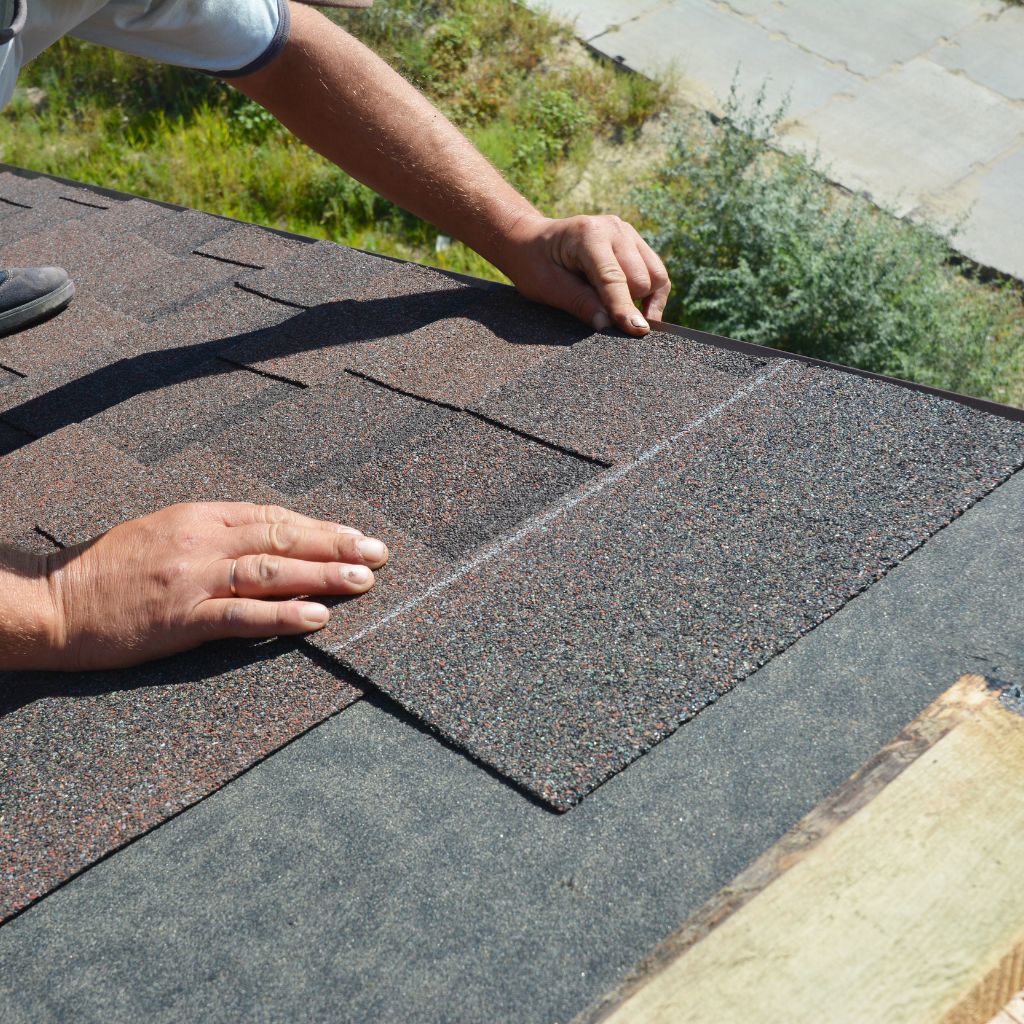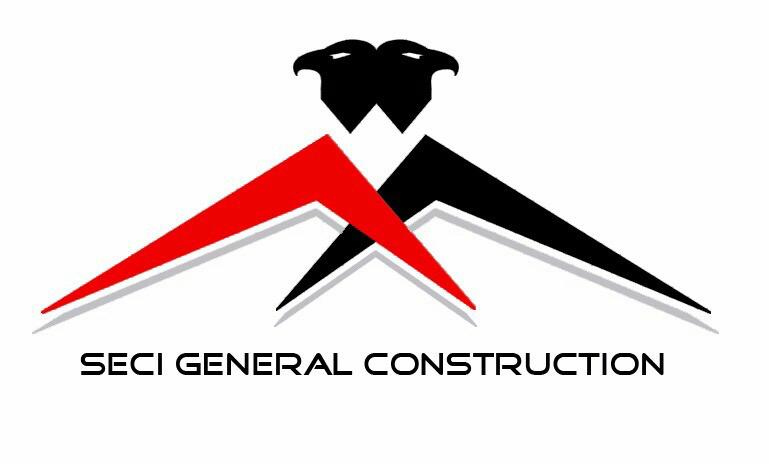BASEMENT AND ROOF WATERPROOFING SERVICE IN CLIFTON, NEW JERSEY
Why Work With SECI General Contractor Services?
Selecting SECI General Contractor Services for your building requirements guarantees that you will be provided with professional advice, superior craftsmanship, and dependable assistance over the course of your project. From simple repairs to intricate renovations, our skilled staff specializes in a broad variety of services, guaranteeing that every part of your project is handled with the highest expertise and effectiveness.

Book an Appointment
How Long Does Roof Waterproofing Last?
The quality of the materials utilized, the application technique, and the surrounding climate all affect how long roof waterproofing lasts. A waterproofing system that has been expertly installed may often last 10 to 25 years. The longevity of the waterproofing on your roof may be further increased with regular maintenance and inspections.
What is the Cost of Waterproofing a Roof?
The size of the roof, the kind of materials utilized, and the application’s complexity all affect how much waterproofing costs. Homeowners should budget between a few hundred and several thousand dollars on average. To find out how much your job will cost specifically, it’s essential to get a precise quotation from a reliable contractor like SECI General Contractor Services.
How You Know Your Home Needs Waterproofing?
It might be difficult for homeowners in New Jersey’s changing environment to shield their properties from damage caused by dampness. In addition to being a preventative measure, waterproofing is a crucial step in preserving the integrity and value of your house.
What Areas of Your Home Should You Waterproof?
Basement and Foundation: The most often locations that need waterproofing are the basement and the foundation. Wetness, the formation of mold, and structural damage may result from moisture seeping through the earth. By waterproofing these spaces, you may avoid these problems and safeguard the structural integrity of your house.
Kitchens and Bathrooms: Spaces that are often used with water, such as these areas, need to be given extra care. By keeping water from penetrating the walls and floors, waterproofing helps to preserve hygienic conditions and prevent damage.
External Walls: Water intrusion may cause wet patches and damage the structure, thus external walls—especially those facing the direction of rain and snow—should be waterproofed to avoid this.
Roof: A watertight house must have a well maintained roof. Leaks, which are often found in older or badly kept roofs, are ensured by regular inspections and repairs.
Is Waterproofing Necessary for the Roof?
Actually. The first layer of protection for your house from rain, snow, and ice is the roof. Your house will last longer if the roof is properly waterproofed, which also prevents mold development, water damage, and heat loss.
Which Waterproofing is Best for New Roofs?
The most effective waterproofing technique for new roofs is a mix of techniques:
Membrane roofing entails the installation of a waterproof membrane, such as TPO or EPDM, which is very successful in preventing UV radiation and water intrusion.
Liquid waterproofing: This technique applies a smooth, waterproof layer over the roof surface similarly to paint.
Bituminous Coating: A flexible waterproof membrane that works well in regions with more movement, this coating is perfect for concrete rooftops.
Other Key Waterproofing Techniques:
- Drainage Systems: Water collection around your house is prevented by appropriate drainage systems, safeguarding the basement and foundation.
- Sump pumps: These are necessary in houses where basement flooding is a problem. They aggressively remove water from your basement, keeping it dry.
- Sealants and Coatings: These may be used on walls, floors, and other surfaces to provide an extra layer of defense against moisture.
Maintenance and Regular Inspections:
The success of waterproofing over the long run depends on regular maintenance and inspections. Look for wet patches, mildew, and cracks; these are early indicators of problems with waterproofing.
How do We waterproof a house roof?
A Comprehensive Guide to Waterproofing Your Roof
An essential first step in preserving the lifetime and structural integrity of your property is waterproofing the roof. There are several phases in the procedure, all of which are necessary to guarantee a sturdy and waterproof roof. This is how to accomplish it successfully:
Inspect the Roof: Start by carefully examining your roof to look for any indications of deterioration, such as wear and tear, cracks, or damaged tiles. This will assist you in figuring out how much waterproofing is required.
Choose the Right Materials: There are a number of waterproofing materials that may be used, such as polyurethane liquid membrane, bituminous coating, and liquid waterproofing membrane. Select the one that best fits the climate and kind of roof you have.
Prepare the Roof Surface: Give the roof a thorough cleaning. Eliminate any existing coatings, dust, or debris. Fix any dents or fractures. For the waterproofing substance to adhere well, this pretreatment is essential.
Apply Primer: Use a primer to improve the waterproofing material’s adhesion to the roof surface. This procedure is essential for durability over time.
Apply Waterproofing Material: Distribute the waterproofing material uniformly across the roof, as directed by the manufacturer. Make sure you cover everything, including the joints and seams.
Ensure Proper Drying: To guarantee proper drying, let the waterproofing substance air dry. The kind of material used and the climate affect drying times.
Inspect and Touch-Up: After the roof has dried, check for any uneven or overlooked areas. Apply more material as necessary.
Safety Measures and Best Practices
Best procedures and safety must come first when waterproofing your roof:
Use Safety Gear: Make sure you are always wearing safety gear, such as non-slip shoes, goggles, and gloves.
Observe the directions: Follow the manufacturer’s directions for the waterproofing material to the letter.
Weather Conditions: For waterproofing, choose a day that is clear and dry. High humidity or moisture might have an impact on how the substance is applied and dries.
Ventilation: To prevent fume inhalation while using solvent-based waterproofing chemicals, make sure there is enough ventilation.
Our Waterproofing Services Include
- Basement Waterproofing
- Roof Waterproofing
- Exterior Wall Waterproofing
- Interior Wall Waterproofing
- Deck Waterproofing
- Green Roof Waterproofing
- Green Roof Waterproofing
- Exterior Wall Waterproofing
Get in touch
Feel free to dial us up at +1 (973) 932-9822 to set up an appointment promptly. Alternatively, complete the contact form, and we’ll reach out to you within a few hours. Our consultations are complimentary, and any guidance you require will be thoroughly explained.
Location
Clifton, New Jersey, United States.
Email us
Call us
+1 (973) 932-9822
